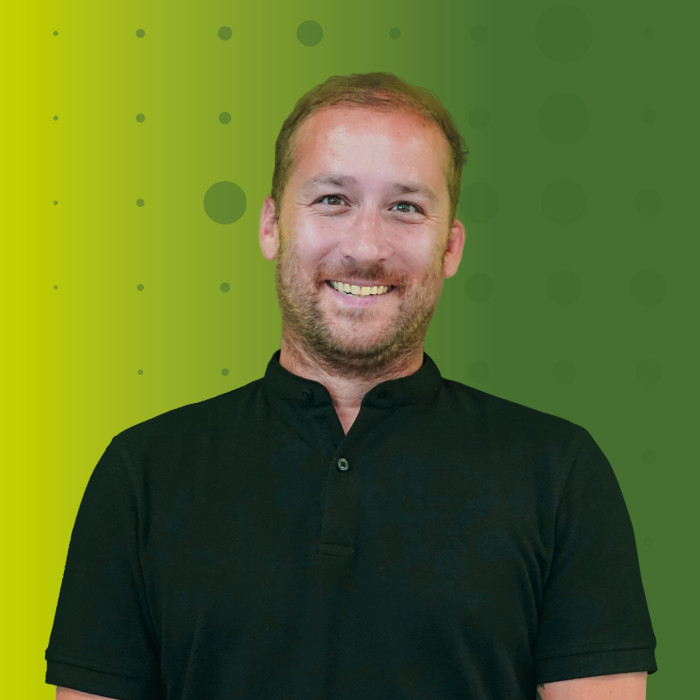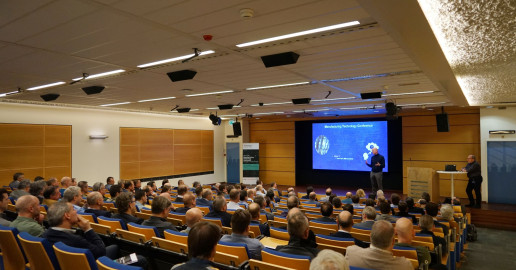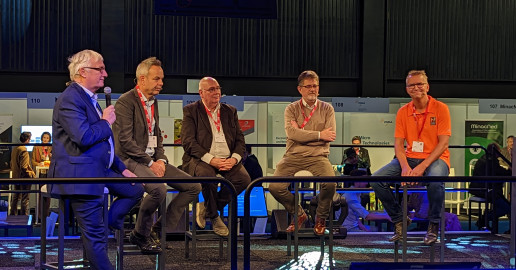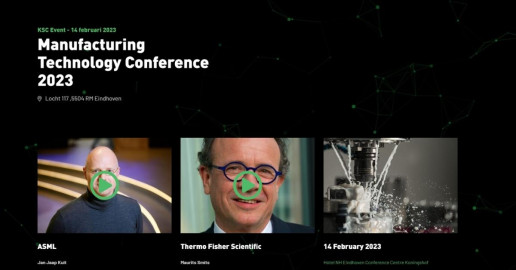The Noise and vibration control course provides designers or constructors with tools to reduce unwanted vibrations and noises in a product. You will learn about the mechanisms behind individual sound sources and how sound waves behave within a structure and radiate outward. Additionally, you will become acquainted with human perception of sound and how customers set requirements for noise. You will be introduced to both the underlying physical principles and practical measurement techniques.
About the course Noise and vibration control
Products are subject to increasingly stringent requirements regarding noise and vibrations. There is an awareness that noise can be harmful to hearing and vibrations can be bothersome to the (immediate) surroundings. The Noise and Vibration Control course, or quiet construction, teaches you to make products quieter and less prone to vibrations in three days. This includes knowledge about material and machine behavior along with the principles of sound reduction and associated measurement techniques. The following topics are covered during the Noise and vibration control course:
- Not only determining the cause but also how to solve it correctly
- Combining theory with practice
- Practical measurement techniques for sound and vibrations
- Relevant standards in acoustics and vibrations
- Transmission of structure-borne vibrations, the use of impedance jumps, practical isolation, absorption, and reflection
Program
Day 1
- Fundamentals of sound
- Sound power, sound pressure, decibels, hearing
- Frequency perception, frequency weighting
- Fundamentals of vibrations
- Mass-spring-damper systems, resonance Acceleration, velocity, displacement, resonance, phase
- Principles of frequency analysis
- Frequency, octave bands, third-octave bands, order tracking, FFT
- Harmonics, orders, mesh frequency
- Introduction to advanced measurement techniques
- Sound intensity, sound maps, apps T
- ransfers, coherence
Day 2
- Source-Transmission-Receiver Model
- Acoustic waves and modes
- An overview of source mechanisms for airborne sound
- Sound radiation in open field and enclosed spaces
- Effect of internal enclosure absorption on structure-borne and airborne sound
- An overview of source mechanisms for structure-borne sound
- Structural waves and modes
- Reduction of structural sound, theory, and practical examples
- Transmission and radiation of structural sound
Day 3
- An overview of source mechanisms for structure-borne and airborne sound
- Effect of internal enclosure absorption on structure-borne and airborne sound
- Reduction of structural sound, practical examples, and theory
- Practical example measurement, determination of sound power of a source, calculations
- Practical example measurement, harmonics of a gearbox, calculations
- Practical example measurement, stiffness and damping of a vibrating plate, calculations
Your teacher
Bert Roozen
Your customers are demanding increasingly strict requirements regarding the noise produced by your product. If you engage in discussions about noise with your clients or work in the research, development, or testing department, then this course is ideal for you. During this course, you will learn the underlying physics principles as well as the measurement techniques that will enable you to immediately apply what you've learned. This will empower you to make your current products quieter and design future products with reduced noise levels.

Discover the possibilities to organize this course incompany
If you want to train several employees in your company, it is more interesting and cheaper to organize a course at your location. Good coordination to your company-specific situation and the deployment of highly experienced teachers who have earned their spurs in practice are essential in this regard. Mikrocentrum is CEDEO accredited and guarantees the best quality.
Our course manager is happy to think along with you!
Are you interested in an internal company trajectory? Our training manager Elroy Leijten is happy to visit you without obligation.




